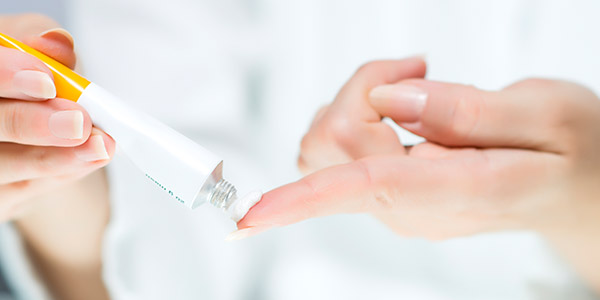Age spots, skin tags, broken vessels—these common skin problems don’t pose any real health risks, but they can cause concern and frustration, especially as you age. Fortunately, you can treat some conditions cosmetically; others, however, may simply require acceptance as a normal part of life. Here’s how to approach your everyday skin concerns.










